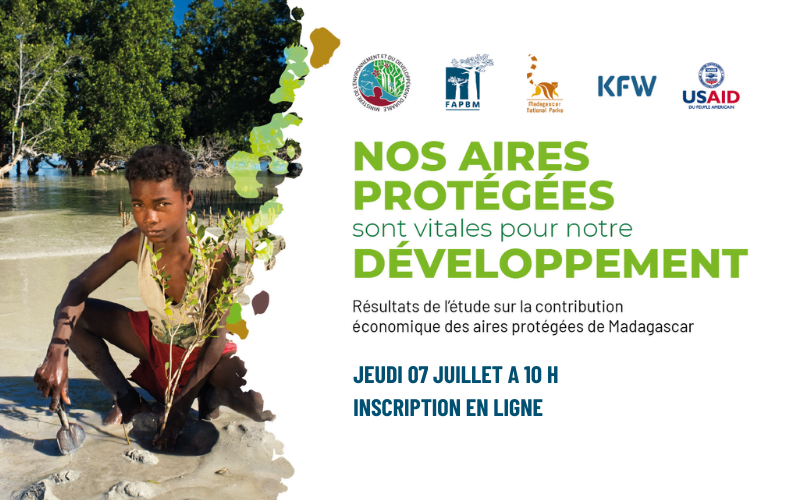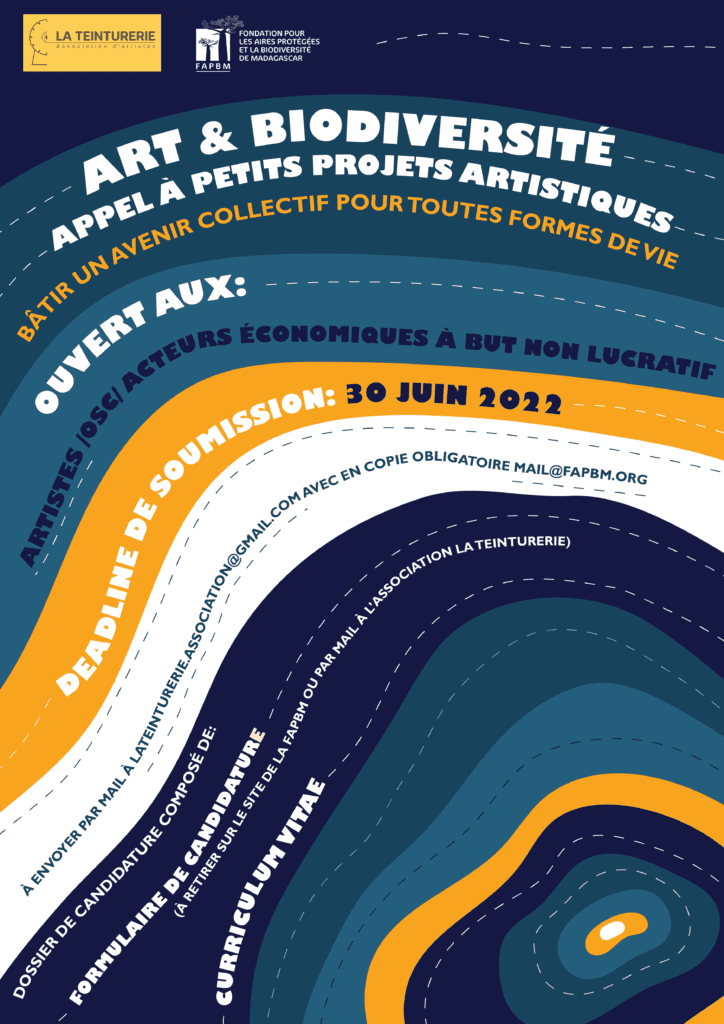FAPBM and Madagascar National Parks (MNP), with the support of KfW and USAID Hay Tao, commissioned a study on the economic contribution of protected areas in Madagascar. A conference on the theme “Our protected areas are vital to our development” will present the results of the study on July 7 at the Carlton Hotel in Antananarivo. In Madagascar, the economic and social importance of our national parks and nature reserves (our protected areas) is unknown or largely underestimated. This lack of knowledge often leads to questioning the usefulness of protected areas. Yet, a very high number of the key resources that support the economies and livelihoods of local communities and major economic sectors in Madagascar comes from protected areas. Should we maintain our protected areas? The results of the study on the economic contribution of Madagascar’s protected areas have showed that protected areas benefit the entire Malagasy population. A White …
Presentation “Our protected areas are vital to our development”, July 07 2022












